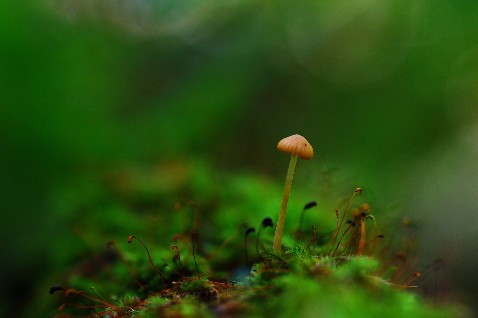the hardest thing
/I have drawn landscapes with words in my journey through loss these past three years.
Baby lost, I lay gasping upon the scorching desert sand; clothes burnt from my back, undefended against the blasting rays of grief. I spread my hands and grains of a lost reality slid through my fingers. There was no shelter, no relief; time as it should have been marched ahead of me like a mirage; my lost boy, my lost life, my lost self.
The hardest thing I ever did was survive the desert. With my back to my boy, I stumbled on, the dreadful knowledge that I was stuck - forever - in the desert.
Damaged and raw I woke to find myself alive and sunken deep inside a sucking, cloying marsh of despair. To wake and find the nightmare still going, the jungle noises of life as grim and terrifying as anything I could dream, the weight upon my chest enough to press the life from me. I wished to sink, I begged to sink; to never hear the sounds that cawed from morning radio like a heartless mockingbird.
The hardest thing I ever did was gird my loins and shut my ears, throw back the blanket and live another day. Again. Again. Again.
The world tilted and we found ourselves on ice; reality biting at frostbitten, delicate extremities. To grieve a baby is to stand alone, perfectly still, balanced and poised awaiting the next tragedy. To barely breathe and await the cracking, yawning sound of deadly cold that will - must surely - claim all that is left of life and love.
The hardest thing I ever did was touch a fingertip to a small white coffin, say goodbye, be polite and brave and GOOD and bargain with the universe to leave the rest of us alone. Please. Just leave us be. Please.
A blizzard hit, my vision fogged and faded and all was obscured; cold, dizzying, grim and suffocating, wiping clean, covering tracks, bringing a clean, white slate with all the mashed and broken earth beneath it. Time passed. I do not remember it. I know each moment lasted lifetimes.
The hardest thing I ever did was live through New Year, leaving my boy behind, losing him forever.
Spring did not bring hope. Spring blossomed and hope faded and the landscape was not fecund and inviting. I found myself wizened, dried up, barren, scrambling over dusty plains and faced with unimaginable climbs. Thorns scratched, dirt stuck in my throat, breath was gritted, dragging.
The hardest thing I ever did was trying again. The hardest thing I ever did was live the months of failed conception, of bitter galling blood and toil.
And then... a precipice. Flat against the cliff, staring down, rock crumbling, skittering away with each weighted footstep. Uncertain, hope, fear, breathless anxiety, the ache of bones and mind. Inching along, one step, two steps towards an unknown summit. Eight months just moment by moment, a ticking time bomb, a waiting avalanche.
The hardest thing I ever did was carry another child and face the possibility of loss again. Such risk, such potential pain, for the hope of a glorious view.
The view. Spread below me, rolling, green, forgiving, gentle. Breathe in, fill my lungs, breathe out. Grasp the moment. Feel the sun upon my face and not be burned. My skin is strong now, strong enough to weather the sting of those grief rays when they touch upon me. But the view... glorious? I see the shadows that my journey etched across it. The dips and rolling valleys hide iced lakes and craggy cliff; grief and I have walked them as reluctant, sullen companions. The distant haze hides dust and desert - and hides my boy. He drifts in atoms of sun and dust and breeze across the landscape.
The hardest thing I ever did was learn to live again, be grateful for what I have, for luck and joy, like people say I should. But without him.
Without him.
What does your grief landscape look and feel like right now? What phases of your experience stand out, either because you weathered them in unexpected fashion or because they were particularly, perhaps unexpectedly, difficult? What is the hardest thing about where you are at this moment?


